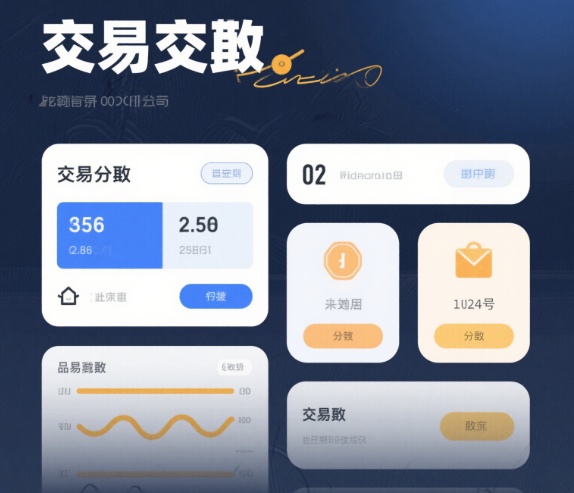"Every trade is a race against time, but the fees steal your trophy before the finish line." Friends in the crypto world, have you ever calculated the math? Suppose you trade 10 times a day with a 0.1% fee per transaction. Over a year, your capital would lose 36.5% to fees alone! What’s even more suffocating is that most exchanges charge both ways for crypto-to-crypto trades — deducting fees when you buy and again when you sell. This "double-dipping" model is like opening two wounds in the veins of your trades, silently draining profits before they even warm your hands. Today, we’ll break down the underlying logic of fees in plain language and teach you four "bleeding control" strategies to help you shed less blood and feast on more meat in the crypto battlefield!

First, let's talk about what it means to charge fees both ways. Simply put, it means you have to pay fees when you buy and when you sell. Different exchanges have different rules. Some exchanges charge fees both ways, while others charge only one way. For example, well - known exchanges like Huobi and Binance generally charge fees both ways. Charging fees both ways can have a significant impact on our trading costs. For instance, if you use 10,000 yuan to buy Bitcoin and the fee rate is 0.1%, you'll be deducted 10 yuan when you buy. Then, when you sell, another 0.1% of the selling amount will be deducted as a fee. So, in total, you'll pay 20 yuan in fees for this round - trip trade. If the trading amount is large, the fees will be even higher.
So, how can we save on trading fees? Here are some tips. First, choose the right exchange. The fee standards vary greatly among different exchanges. Some small exchanges set relatively low fees to attract users. However, when choosing a small exchange, you must pay attention to its security and stability. Don't save on fees only to find that the exchange has disappeared, which would be a big loss.
Second, become a VIP of the exchange. Many exchanges have a VIP system. The more you trade, the higher your VIP level and the lower the trading fees. For example, Binance divides VIP levels according to the user's trading volume and the amount of BNB held. The higher the level, the greater the fee discount. So, if you're a frequent trader, you can consider aiming for a higher - level VIP status.

Third, use the platform's native token to pay for trading fees. Many exchanges have issued their own platform tokens, such as BNB of Binance and HT of Huobi. Using platform tokens to pay for fees usually allows you to enjoy a certain discount. Generally, you can get about a 10% discount. Over the long term, this can add up to a significant savings.
Fourth, keep an eye on the exchange's activities. Some exchanges occasionally hold events, such as fee - waiver promotions or trading competitions. Participating in these activities might help you save a lot of fees for a certain period.
In conclusion, when trading in the cryptocurrency circle, it's important to understand the fee - charging rules and how to save on fees. We need to make every penny count to maximize our investment returns. I hope everyone can make a fortune in the cryptocurrency market!

















No comments yet